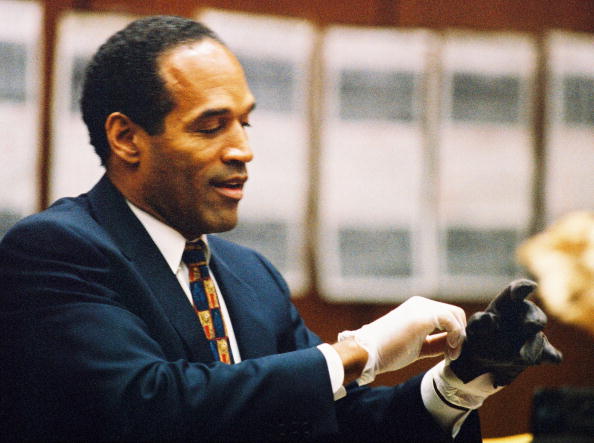The death of Nelson Mandela leads many to remember a man whose life was a shining example of how to be extraordinary by staying true to your principles and learning to forgive.
A little over a month ago, I had a chance to stand outside of the prison cell that housed Nelson Mandela for most of his 27 year imprisonment. The tour through Robben Island was guided by a former prisoner who painted a chilling picture of the treatment of inhabitants. Men were stripped and cavity searched, forced to wear shorts, and go barefoot even in the winter months during some of the early years of apartheid. They also had limited interaction with loved ones. Most of the prisoners housed on the island were not murderers, thieves, or rapists. They were political prisoners; most notably, these were men who wanted equal justice and challenged those who wanted to rob them of their land and treat them as less than human simply because of the color of their skin and their political beliefs.
RELATED: Danny Glover Breaks Down The South Africa-Cuba Connection
The most famous of the prisoners who were housed on Robben Island is Nelson Mandela. His life is a testament to what resilience, courage, peace, and forgiveness truly mean. Unlike some of his contemporaries whose lives also inspired the masses, Nelson Mandela’s physical departure from this earth was a quiet and expected one. There was no bullet that robbed him of living out his full potential. There was no tragic accident that stole his promise. Having lived 95 years and having given the world a true and legitimate hero, his physical absence will mean nothing to his legacy.
His light will shine on and be an example forever.
As I sat in the prison holding room on Robben Island listening to the former prisoner-turned-tour-guide tell of his story and the stories of many others, I felt anger and hurt, disappointment and despair. But when he was asked about how he felt toward his imprisoners, he said that he forgave them. He was the one who faced brutality and lived with the memories of abuse, and yet, he was able to forgive.
That example was also taught to the world by Madiba. His ability to forgive helped him to become President and helped South Africa begin to realize its potential. Had he clung to anger instead, his greatness would have been outweighed by the burden that he would have carried with him.
As I began to feel sad at the news of his death, I realized there is no reward in that. Yes, Nelson Mandela is no longer physically here on earth, but that he lived the life he did was a reward for us all. His life wasn’t perfect and neither was he, but in the worst conditions, he became the best of men. The sum of his years on earth will last exponentially longer than his physical being did. And in the end, isn’t that all any of us could ever ask?
Janaye Ingram is the National Executive Director of the National Action Network.
RELATED: How Big A Role Did U.S. Black Lawmakers Actually Play In Ending Apartheid?
















